I had thought all my early childhood books were gone — sadly, at some point when I was a teenager I culled them as too childish, leaving only the "young adult" ones — but my sister saved our copy of Gerald Durrell's The Talking Parcel and has given it to Helen, who loves it. Reading that brought back memories, and I think this must have been one of the books I read many times as a child.
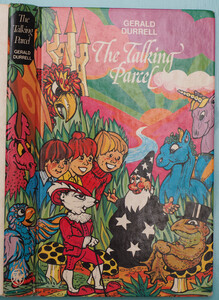 |
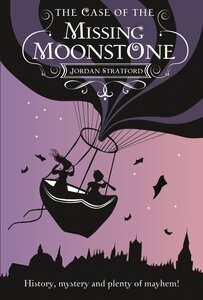 |
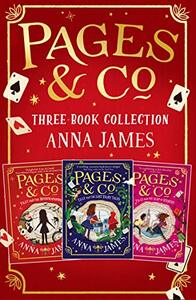 |
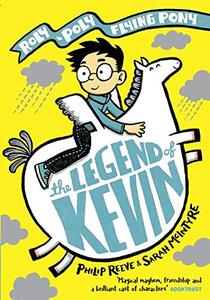 |
Helen is not nearly as avid a reader as I was at eight, but she is reading a much greater variety of material than I did. I was several years older before I went open throttle on my parents' books, and when I was eight I was still munching through the Hardy Brothers and Nancy Drew and other such series. Helen has done a bit along those lines, reading all the available books in the Pages & Co and Woolstonecraft Mysteries series and starting on the Planet Omar and Legend of Kevin books. We're using the council library for most of these (it remains open for "reserve and collect").
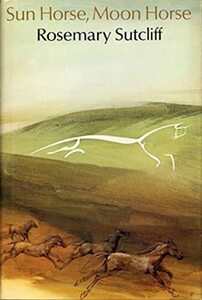 |
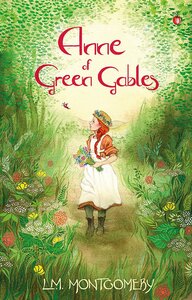 |
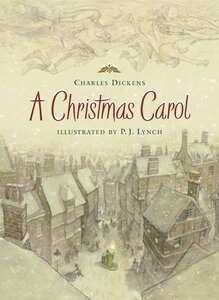 |
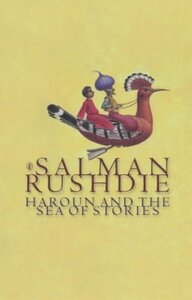 |
Other borrowings from the library have included Rosemary Sutcliff's Sun Horse, Moon Horse (fantastic) and James Herriot's Cat Stories (which I hunted down for the story "The Christmas Kitten" which was being read to her at school but was unfinished at lockdown). Helen is five books into the Anne of Green Gables series. I had never read these myself, as they were "girl books", but I read the first one (to check they were age-appropriate) and I think they're lovely: Montgomery, like Nesbit, was way ahead of her time. Salman Rushdie's Haroun and the Sea of Stories was a big hit. And Helen read her first Dickens with A Christmas Carol (the Lynch-illustrated Walker Books edition, which we both preferred to alternatives — and she'd previously read Andrew Billen's short biography of Dickens, so had some background for that).
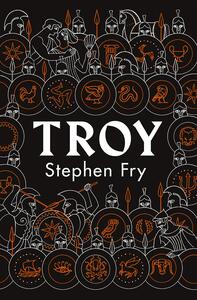 |
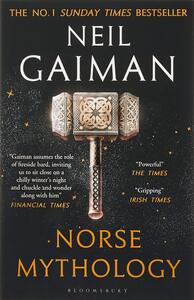 |
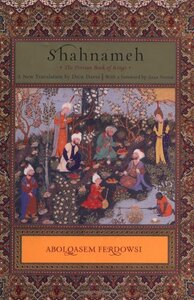 |
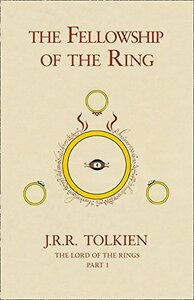 |
Continuing her mythological focus, Helen has read the second and third Stephen Fry Greek mythology books, Heroes and Troy, and Neil Gaiman's Norse Mythology and Odd and the Frost Giants. She also reread the Elizabeth Laird retelling of the Shahnameh and has started on the Dick Davis translation (another 800 page tome), but has been distracted by rereading Fry's Mythos and the Satyamurti Mahabharata.
A couple of months in autumn were dominated by my reading The Lord of the Rings to her (after a long period where she didn't want me to read to her at all). I had to forewarn her of scary bits, and reveal their not so scary outcomes (so she knew that Gandalf wasn't really dead), but the tension is resolved fast enough we could get through it. It's been a big success, in that not only did she enjoy the story but she got into the back story. She ventured into Appendix A, where she's a lot more excited by the hobbit genealogies than I ever was, and was asking how many generations it was from Elros to Aragorn, whether Maiar can have children or not, and other such questions. She also memorised "Gil-Galad was an Elven King" and "Three Rings", possibly the first poems of that length she's learned off by heart. So we've started on The Silmarillion...
Helen also read The Mystery of Henri Pick alongside me — this is a light-hearted French literary mystery, where I had to provide only a bit of interpretive support. But the most difficult text she's tackled is Sebald's Vertigo. She was taken by the cover and asked what it was about, and I couldn't think of any way to explain that so I read the first paragraphs to her — and then she insisted I read her the whole of part 1! (Which is a mini-biography-travelogue of the French novelist Beyle, better known as Stendhal.) There were a few sentences I had to reread to her after an "I don't understand", interpretive support included a micro-history of the Napoleonic Wars, and obviously there were a lot of allusions she can't possibly have got (I must have missed a lot myself), but I think she got a feel for just how loose and uncertain the narrative point of view is.
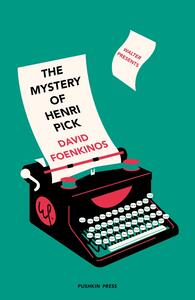 |
 |
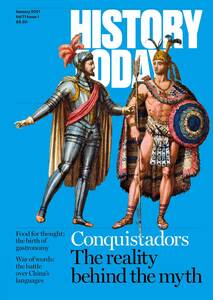 |
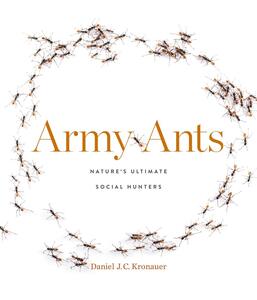 |
Helen's non-fiction reading is also broad, with domain knowledge now the major constraint: I'm still trying to read her at least a paragraph of everything I read myself. So she's read chunks of Cecilia Lindqvist's China, Empire of Living Symbols and Neil Price's The Children of Ash and Elm herself, and even a couple of pieces on primary education from Mary Myatt's Back on Track (!), while I've read her the first sixty pages of Judith Herrin's Ravenna, chunks of Daniel Kronauer's Army Ants, and so forth. Suitable shorter pieces are no problem: she will read the right articles from History Today or New Scientist without batting an eyelid, and happily tackle non-specialist Wikipedia entries (e.g. "Tolkien") and similar pages elsewhere (the IWM's "10 Signfificant Battles of the First World War") — often we'll look something up online and then she'll insist on reading the rest of the web page.
